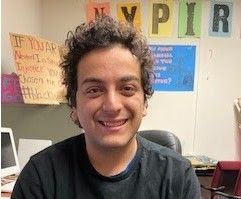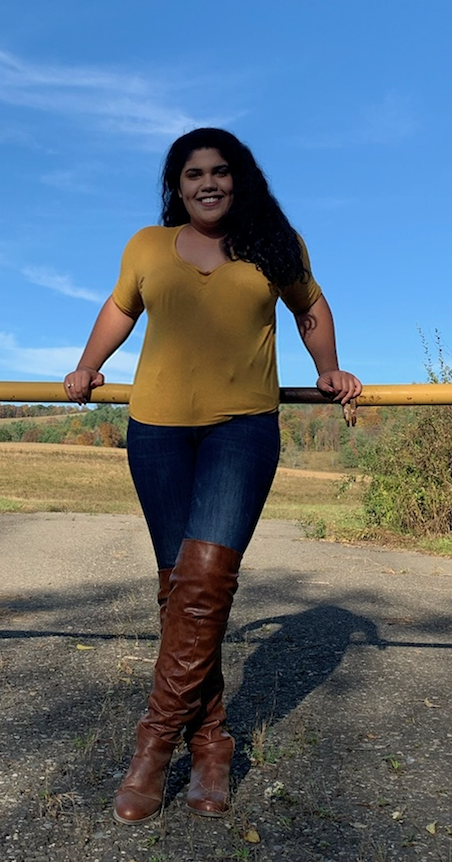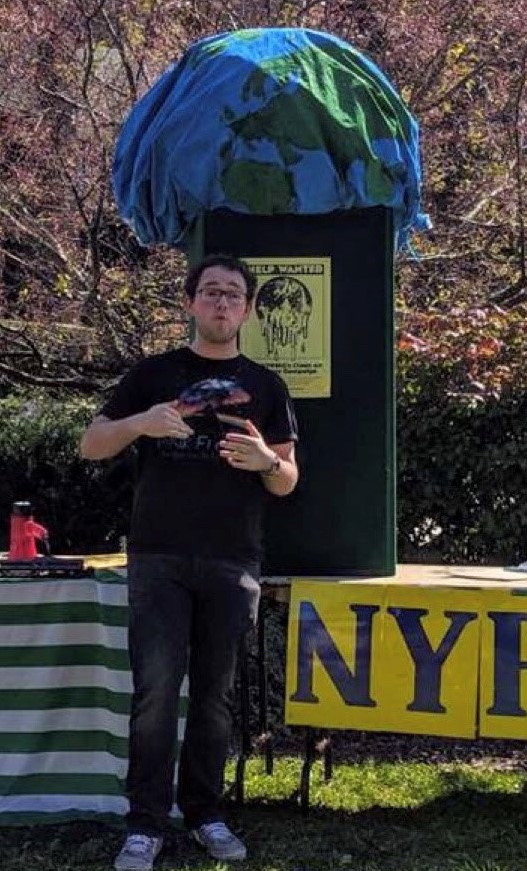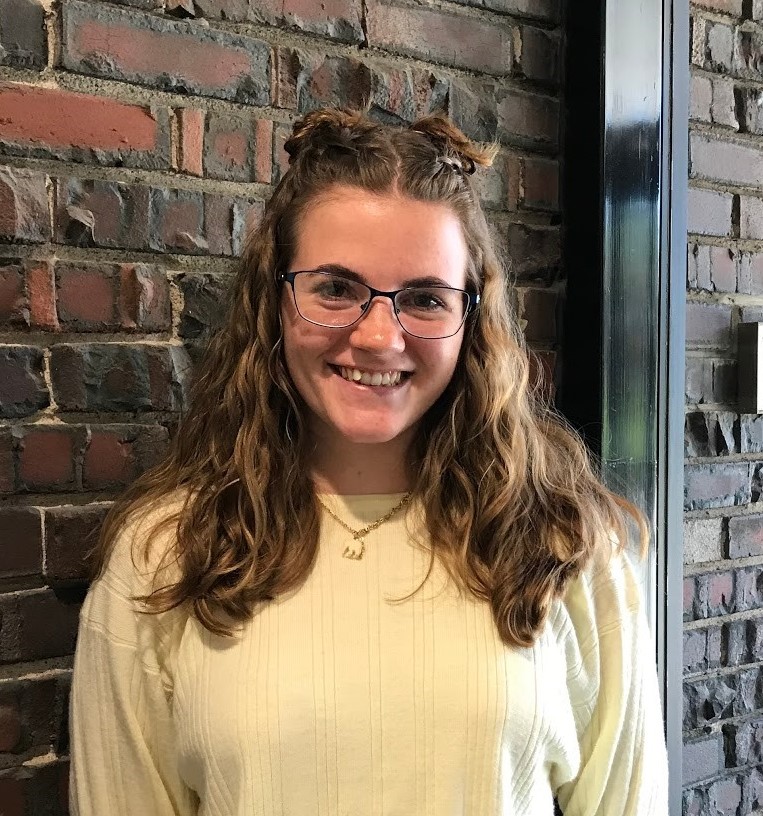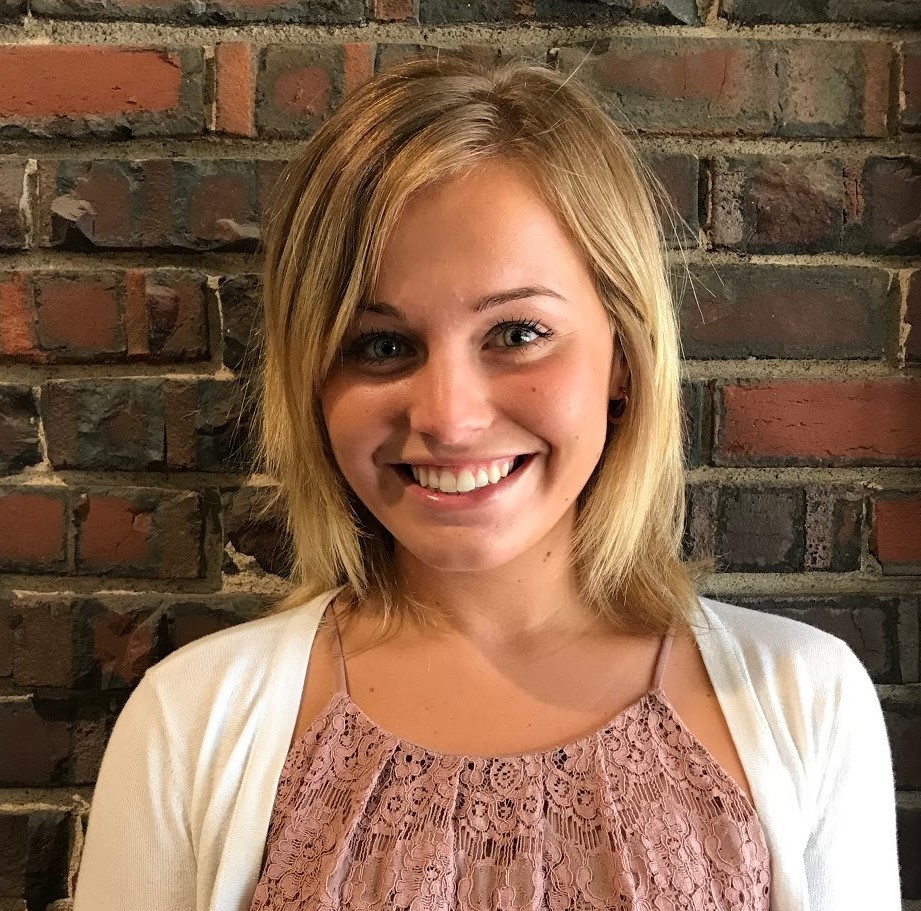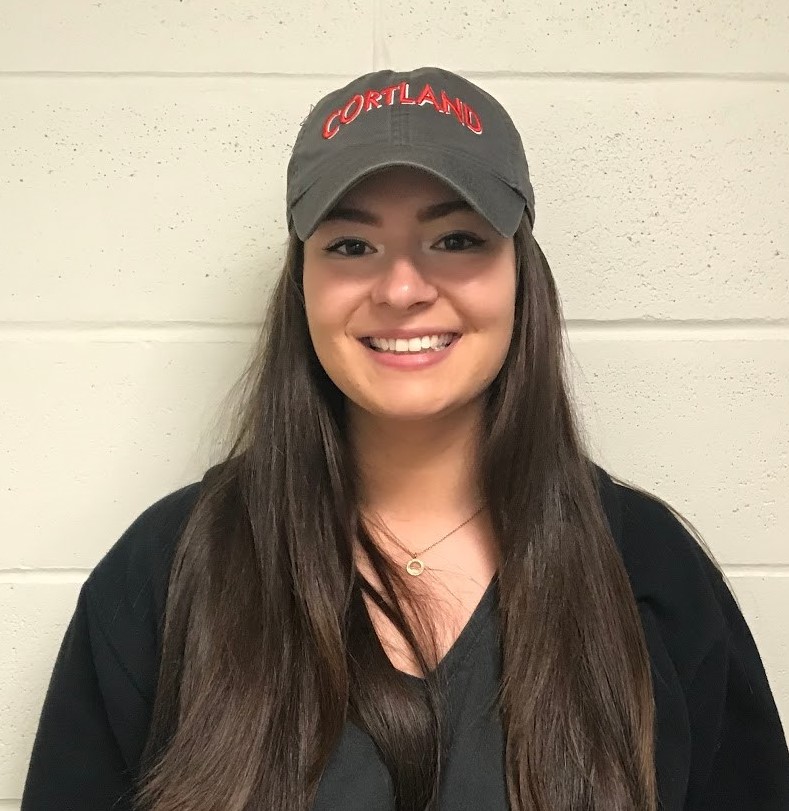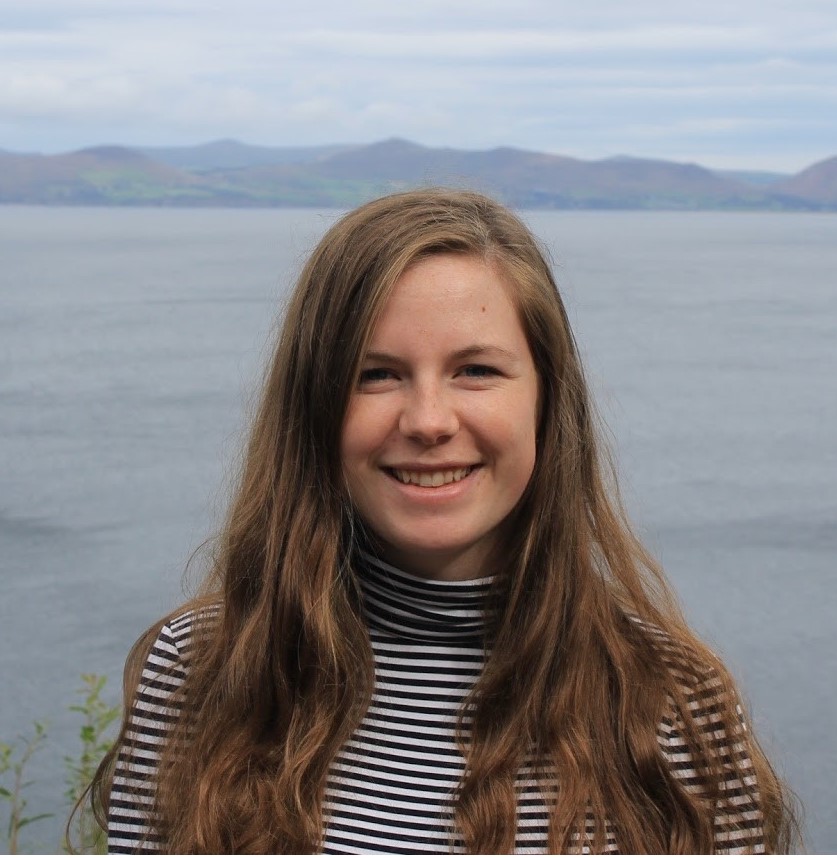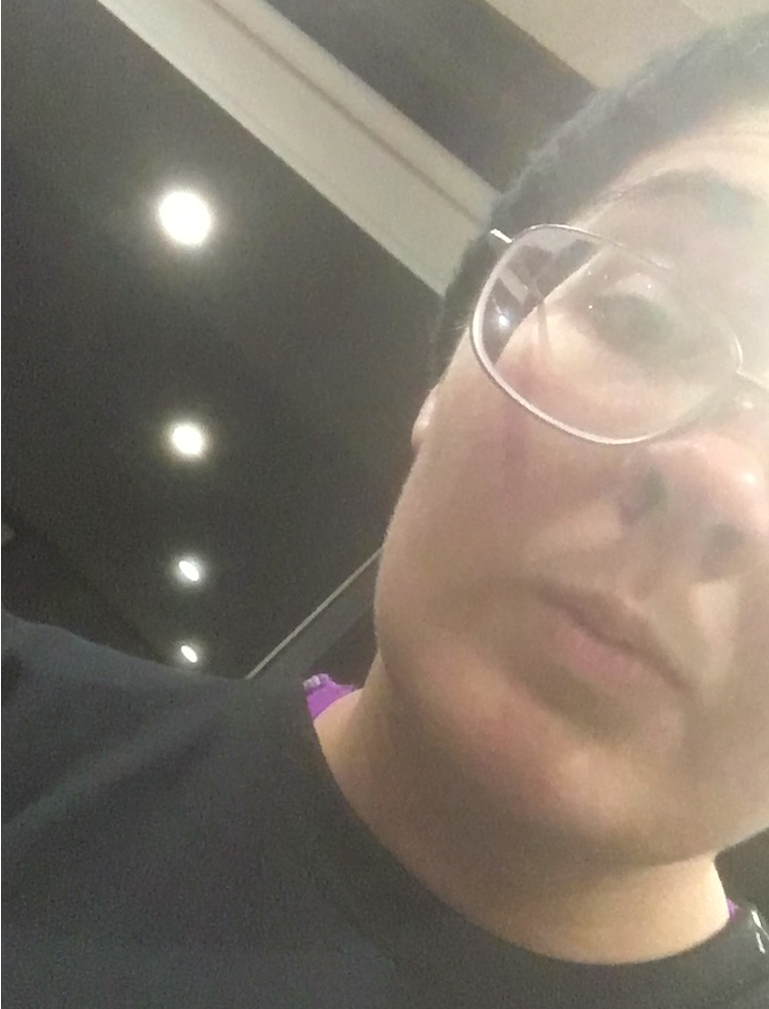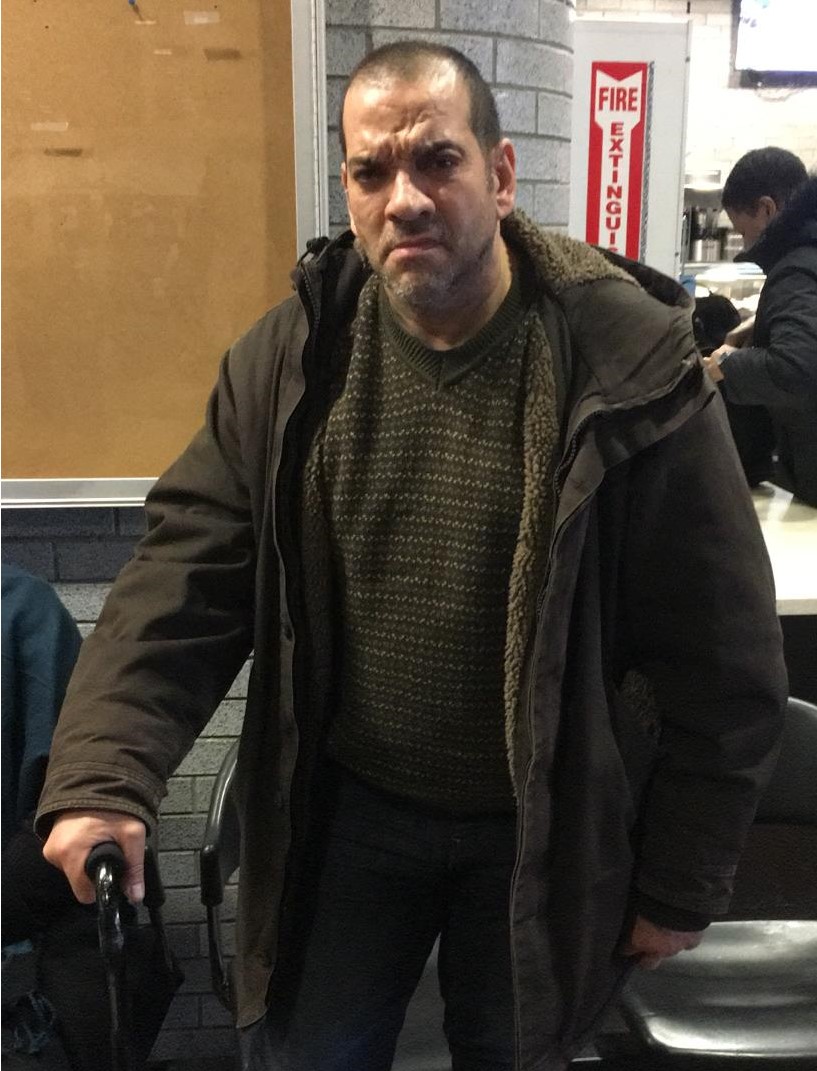Posts Tagged ‘financial aid’


I’m majoring in political science and minoring in journalism. I’m part of the 1% of students that receive the Excelsior scholarship, so I have to complete 30 credits per year, which makes college more stressful by increasing my workload. I also have to stay in New York four years after my graduation, so I plan to attend graduate school. I also am a recipient of the Pell Grant and the TAP award.
I work on the weekends and have to pay for food, transportation, and books myself because I don’t receive SNAP, and I am not part of any opportunity programs. If I didn’t receive any financial aid, I would probably be in debt. I think that CUNY should be fully funded to help to support the growing student body that overwhelms public colleges because most people find it nearly impossible to attend private colleges.
More aspects of CUNY, such as maintenance of the elevators of CCNY, should also be funded. I would also appreciate a child care center on campus to provide support for students that are also parents.


I’m a junior at SUNY Cortland studying Teaching English as a
Second Language. After graduation, I plan on becoming a teacher.
I pay for school in a few ways. I’ve taken out student loans and received grants. I work to help cover the costs on top of that. I receive both TAP and the Pell Grant which is about $5,000 per year between the two. I also work at ASC (auxiliary services) about seven hours a week to help pay for food and gas so that I can go to my observations for my education class.
If I didn’t receive financial aid, I wouldn’t be in school because there is just no way I could afford it. We need a fully funded SUNY so that everyone can get an education no matter their financial situation. We all have a right to an education and a better future.


I’m currently a sophomore at SUNY Cortland majoring in Political
Science. At this point, my plan is to attend graduate school after graduation.
As far as paying for school, I rely on taking out loans, using the
financial aid I receive, and having my parents pay some tuition out-of-pocket.
I receive both TAP and the Pell Grant, which allow me to pay for school each
semester. I don’t work, so I need financial aid to pay my tuition and to pay
for textbooks.
If I didn’t receive financial aid, in all likelihood, I would not
be able to attend college. So many people struggle to pay for college, which is
a large part of why SUNY needs to be fully funded. If SUNY was better funded,
those who can’t afford college would be able to go, and middle-class families
that have more than one child would have the ability to send all of their
children to school.
The biggest challenge that I have faced as a SUNY student is
dealing with the stress of not knowing how my parents will pay for my sister to
go to college in two years and worrying about paying off my student debt.


I’m a senior at SUNY Cortland majoring in Sociology with a minor
in Anthropology. Once I graduate, I plan on getting a job working at a
children’s home in case management.
I pay for school with private loans. Because my parents don’t
qualify, I don’t receive TAP or the Pell Grant. I have no option but to take
out loans. I have to work back home and on the weekends when I’m at school to
help pay for college and other expenses that I have.
When it comes to textbooks, my parents help pay for them, but I
pay out of pocket for groceries because I don’t have a meal plan. I decided to
take out another loan so that I could afford a meal plan, but that hasn’t gone
through yet.
Since my dad makes too much, I don’t qualify for financial aid,
but my parents still can’t afford to send me to school so my only option was to
take out multiple loans and have my dad co-sign them. My parents have already
put my two siblings through school, and we all have had to take out loans
because it’s just not possible for my parents to pay for us all to go.
My biggest concern is that when I leave school I won’t get a job that will allow me to pay off my loans, which I have to start making payments on six months after graduating. If SUNY was fully funded, I wouldn’t have to worry about paying all these loans back, and it would also open doors for those who can’t afford to attend school.


I am a senior at SUNY
Cortland studying Sociology with a concentration in Criminology. My plan after
graduation is to go into social work, and I’m currently looking at a possible
job in Maine that doesn’t require a master’s degree. I can’t afford graduate
school, and my loans are already collecting interest so I have no option but to
only look at jobs that don’t require another degree.
I currently pay for
school with subsidized and Stafford loans and a small amount of financial aid.
I don’t receive TAP, and I only receive a small amount of aid from the Pell
Grant. In order to pay for school, I have to work. I work at the child care
center at the YWCA before and after school.
I sometimes use the
money I make from my job to pay for textbooks, and my parents help out when
they can, but oftentimes if I can’t afford a textbook, I just don’t get it. I
have had textbooks that cost more than $100, and I just can’t afford that. I have
no option except to not buy the book.
I don’t have a meal
plan, so I pay for groceries out of pocket, and sometimes my parents help pay
for food. If I didn’t receive financial aid, going to school wouldn’t be an
option for me, or I would have no choice but to co-sign another loan.
A fully funded SUNY
system would allow those students who can’t afford school to have the ability
to attend, and it would help current students stay in school without fear of
paying loans back. Some students have no choice but to leave college because,
financially, they just can’t do it. How can anyone start a life after graduating
when they’re so deep in debt?
Not only is paying for school a challenge I face, but paying for parking is another financial obligation that I have. I would say that I have paid close to $300 in parking tickets since I have been here, and the cost of a parking pass is huge.
The biggest challenge that I’ve faced as a SUNY student is having my classes blocked when I can’t pay my bill. I wasn’t able to register for classes that I needed because I couldn’t make my payment. This could prevent students from graduating on time because certain classes are only offered at specific times, and if students can’t make their payments then they won’t be able to register when the class is offered. This forces students to pay more and stay for another semester.


I’m a senior at SUNY Cortland majoring in philosophy. After I
graduate, I plan on working for a nonprofit organization. I pay for school with
both financial aid and loans.
I receive TAP and
the Pell Grant, and I also have a part-time job during the semester.
When it comes to textbooks, I usually don’t buy them because I
can’t afford them. I try to find an online PDF version of the textbook, but if
I can’t find that, then I have no option but to not have the book for class.
For food, my financial aid covers the cost. I use it to buy groceries.
I depend on my financial aid, and this year I didn’t receive as much as previous semesters. My financial aid went from $4,000 to $400 because my sister moved out so my parents were expected to have that extra money to pay for my tuition. My mom had no choice but to take out a loan to help cover the costs of school.
We need a fully funded SUNY system so that all students have the
opportunity to attend college, and they won’t be worried about paying for it.
My biggest challenge as a SUNY student has been paying for school and worrying
about how my parents are going to help me pay for it. A student’s main focus should
not be paying for school; they should be focused on pursuing their education.


I’m currently a senior studying international studies and
political science at SUNY Cortland. After graduation, I plan to work abroad,
specifically in the Australian government.
In order to pay for school, I use financial aid as well as out of
pocket payments. I receive both TAP and the Pell Grant to help cover the costs
of school, but I also work part-time on campus for 20 hours a week on top of
taking 19 credits. I use the money I make working to help pay for groceries,
but I also use the student food cupboard on campus.
I pay for textbooks out of pocket with money from working. They’re
expensive every semester, and I’m concerned that I won’t graduate on time and
will have to pay for even more books all over again. There are classes that I’m
required to take that are only offered at specific times, and I still haven’t
been able to take them.
College should be accessible to everyone, and by making SUNY fully
funded, it will be. Not everyone has the opportunity to attend college and
financial aid doesn’t always cover everything, so students are left responsible
to pay for the remaining costs. As students, our concern shouldn’t be having
enough to eat. We should be focused on our education.
The biggest challenge that I’ve faced as a SUNY student is
trying to afford both housing and food. My financial aid doesn’t cover housing
because it is all spent on paying for my tuition, so I have to find ways to pay
for it myself.


I’m a freshman at SUNY Cortland studying English
and philosophy with minors in women, gender, and sexuality studies, and in
economics. At this point, I don’t have a definite plan for after
graduation.
I pay for school with scholarships, financial
aid, and loans. I receive TAP and the Pell Grant, and I also work through the
work-study program as a part of my financial aid. I use my aid to pay for some
of my tuition and textbooks, and I have a meal plan. Like many other students,
if I didn’t receive financial aid I would not be able to attend college.
My biggest challenge as a student has been thinking about the future. The Excelsior scholarship was not clear about how they deduct Pell and TAP grants, so my parents had to take out an extra loan right before the tuition bill was due so I could afford to go here. I’m going to have all this debt to pay off when I leave college, and that’s stressful to think about.
We need fully funded colleges because in this economy you can’t rise up without a college education, and preventing someone from receiving such an education is depriving them of equal opportunity and a chance at the life they want and deserve. I think college should be free for everyone, everywhere. Education should be a right, not a privilege.


I get financial aid but it’s tooth and nail fighting for it. Because the financial aid office is so understaffed it can be very challenging to get the aid I need. I waited an entire semester to get my refund check. I spent money on a credit card to buy textbooks.
The elevators are horrific, like I’m disabled, the elevators and the escalators are never functioning. They do these band-aid fixes and they’re constantly still in disrepair.
I take the shuttle from the subway station, it is reliable but it gets super packed, they definitely need more buses.


I am a double major: Sociology with a concentration in Criminology and Women’s Gender and Sexuality Studies. As a senior at SUNY New Paltz, I’m not yet sure what I will be doing after graduation. I will likely be moving back home with my parents and working on Long Island in order to save money and plan for the future. I am paying for school through loans. I work about 34 hours a week between my two paid jobs. I also have an unpaid internship. Although I have worked throughout all four years of college, it is likely that I will have very little saved upon graduation as I have to spend my money on costs like groceries and rent. I pay for books myself or share the cost/book with a classmate.
If I did not receive financial aid, I would be taking out more loans and therefore graduate with even worse debt than I will already be facing. Since I am a transfer student, a large sum of credits from my former university were not accepted at SUNY New Paltz. I did not think I would be able to graduate on time but am doing so by taking 18-credit course loads and enrolling in summer and winter classes that are not covered by financial aid.
We need fully funded SUNY and CUNY because education should be treated as a right, not a privilege. It is unacceptable that cuts are being made to opportunity programs that assist students who need the most support. More than that, it is disheartening that students like myself have to work multiple jobs on top of taking classes and being involved in our campus communities. We are over-worked, lack sleep and are sometimes malnourished.
Although I am extraordinarily busy, I make time for NYPIRG in order to advocate for things like fully-funded higher education and voter rights with the hope that generations to come don’t have to face the same struggles as myself and many of my peers. My story is not unique and absolutely not the worst of the pack. There are students who are responsible for going to school, paying for their livelihood (rent, groceries, medicine, etc.) who are also responsible for supporting their families at home, whether it be parents, siblings or children. Fully-funded SUNY and CUNY would alleviate the stressors that cause many students to drop-out of college. They would likely also increase enrollment rates, as money and/or lack of access to financial aid is one of the major reasons people choose not to go to college. Education is a right! And we will continue to fight, fight, fight!
